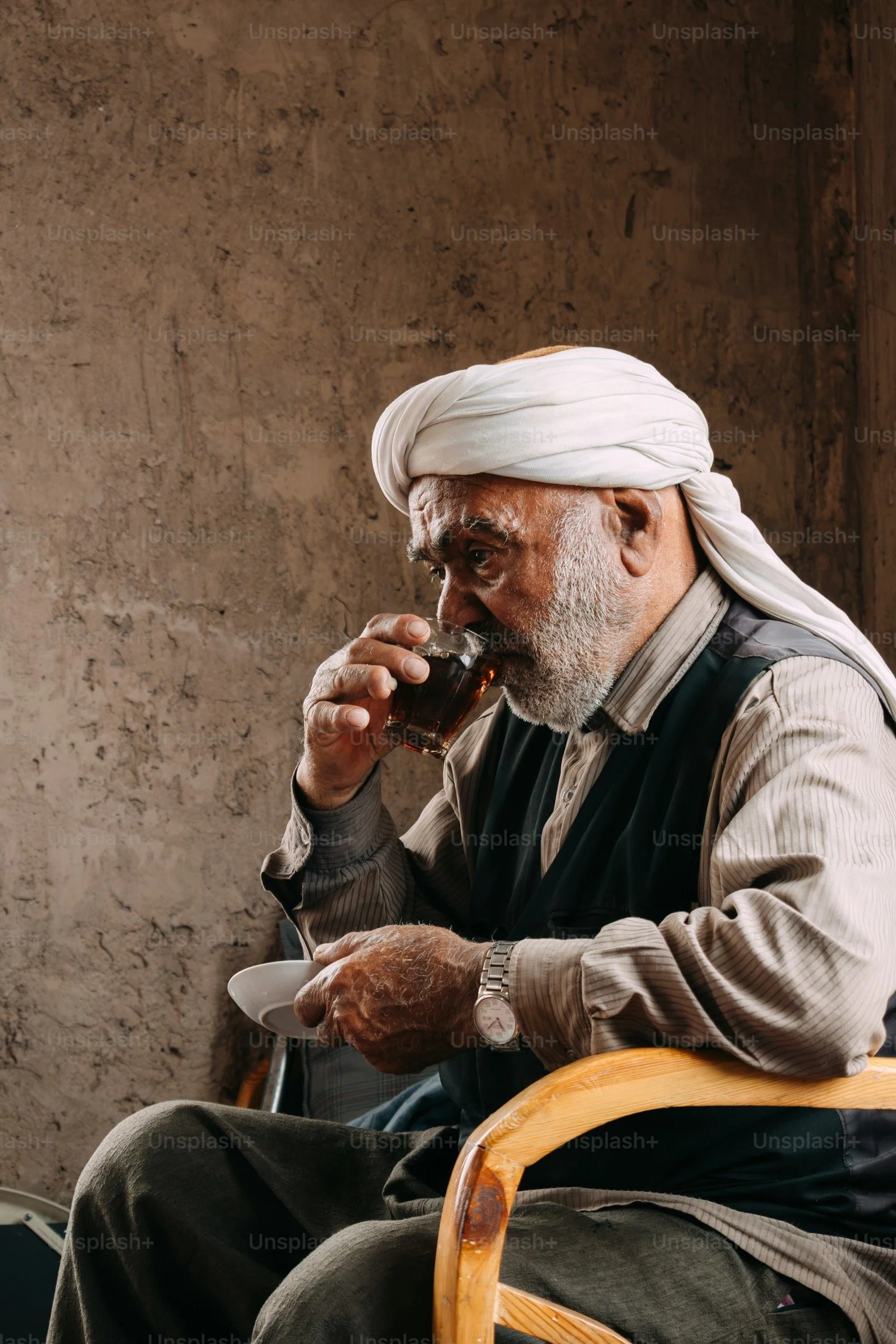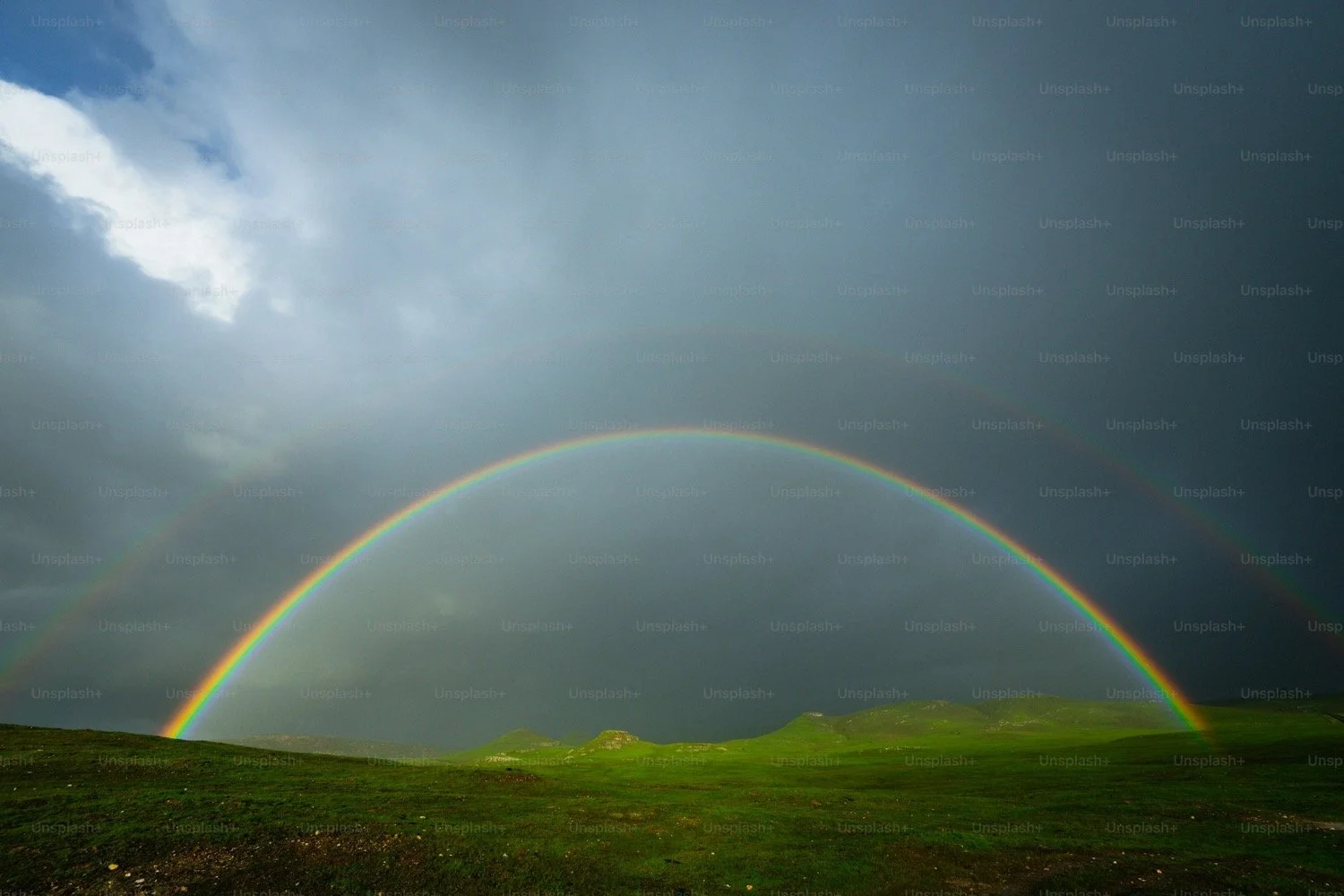Readings for today: Daniel 7-9
What the book of Daniel is most famous for are the visions Daniel sees in the night. So much ink has been spilt trying to interpret the meaning of these dreams. Are they historical? Referring to past events and past kingdoms that have come and gone? Do they tell the future? Of a time when the great Enemy will rise and attack God’s people? Are they both? Can we learn from what has happened in the past and look for those same signs to take place in the future? And what does it all mean for the Christian in 21st century America? How does it all relate to our daily lives?
I think we often miss the forest for the trees when it comes to reading Scripture. We get so wrapped up in the details. So lost in the weeds. And we lose sight of the overarching message God has for us. Daniel and his people are in exile. They have experienced national trauma on a level we simply cannot grasp or imagine. Their pain and suffering is real and terrible. Their hopes and dreams have been crushed out of existence. Ground under the heel of a merciless pagan empire. Everything they once held dear has been destroyed. These are the circumstances in which God has placed Daniel. He has been a counselor to pagan kings. He has served foreign rulers. He has done all he can to embrace the call God placed on His people back in Jeremiah to “Seek the welfare of the city where I have sent you into exile, and pray to the Lord on its behalf, for in its welfare you will find your welfare.” (Jeremiah 29:7) And he has prospered. He has been given power and authority. He has access and influence. He has wealth and privilege. He is considered one of the greatest wise men the empire has ever produced. But one thing continues to set Daniel apart...his great faith.
Daniel never loses sight of God. Never loses hope in a future restoration where God will act to deliver His people once again. Daniel trusts God. Daniel is faithful to God. At great personal risk, Daniel has demonstrated this faith over and over again. Lions. Fiery furnaces. Under threat of torture and death. Daniel has seen it all and done it all and not only survived but thrived. And now God is again visiting him with visions and dreams. He is showing him the future. Kings and empires will rise and fall. The pain and suffering they inflict will be great. The fear they will engender will cause many to flee. Safety and comfort will be in short supply. But over it all, there is this promise. God is in control. God is on the move. God is bringing human history to a predetermined end with Christ taking His seat in glory and His kingdom shall never end.
“As I looked, thrones were placed, and the Ancient of Days took his seat; his clothing was white as snow, and the hair of his head like pure wool; his throne was fiery flames; its wheels were burning fire. A stream of fire issued and came out from before him; a thousand thousands served him, and ten thousand times ten thousand stood before him; the court sat in judgment, and the books were opened...I saw in the night visions, and behold, with the clouds of heaven there came one like a son of man, and he came to the Ancient of Days and was presented before him. And to him was given dominion and glory and a kingdom, that all peoples, nations, and languages should serve him; his dominion is an everlasting dominion, which shall not pass away, and his kingdom one that shall not be destroyed.” (Daniel 7:9-10, 13-14) Forget the four great beasts. Forget the visions of lions and eagles and bears. Rams and goats thundering towards one another across the earth. Forget the terrifying beast with ten horns or the little horn with the big mouth. The focus of Daniel’s vision is on the One called the Ancient of Days. The One who reigns and rules over it all. Pure as driven snow. Engulfed in holy fire. Tens of thousands at his beck and call. He judges the earth. He judges kings and rulers. He holds all dominion and power in His hand. And He calls to the Son of Man. Out of the clouds of heaven comes the Christ and He is given all authority on heaven and on earth. All peoples and nations and tribes and tongues shall serve him. His kingdom shall never end. This is the main point of the vision Daniel receives. God letting his beloved prophet know He is not done. There is still hope. There will come a day when Christ shall come and all things shall be set right and made new.
And what happens to us on that great day? Listen to how Daniel describes it, “And the kingdom and the dominion and the greatness of the kingdoms under the whole heaven shall be given to the people of the saints of the Most High; his kingdom shall be an everlasting kingdom, and all dominions shall serve and obey him.'” (Daniel 7:27) We get to share in this glory! We get to share in this victory! When Christ comes again in glory, we will be given dominion and power and authority to reign and rule at His side and under His Lordship! There will be no more sin. No more evil. No more crying. No more pain. No more suffering. No more fear. For God Himself will be our God and we shall be His people! This is the great hope of the gospel! The great hope sealed by Christ’s death and resurrection! An empty tomb bears witness! Millions upon millions throughout history all stand to give their testimony! Christ has died! Christ has risen! Christ will come again!
Readings for tomorrow: Daniel 10-12




